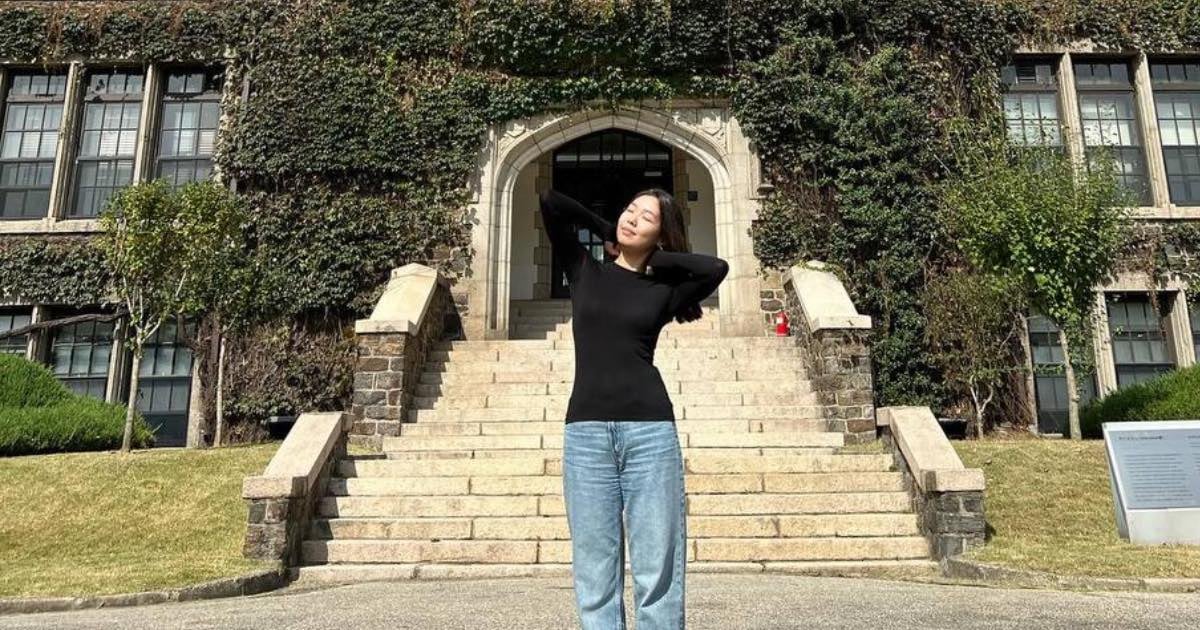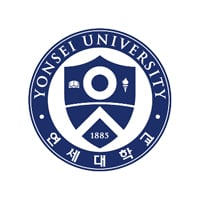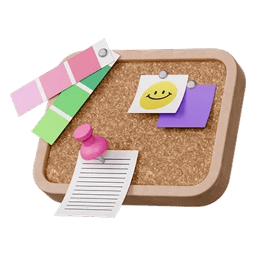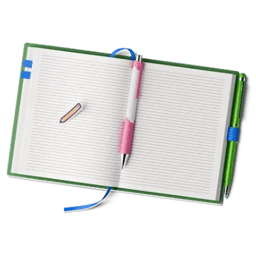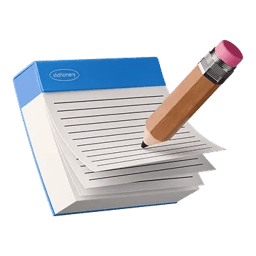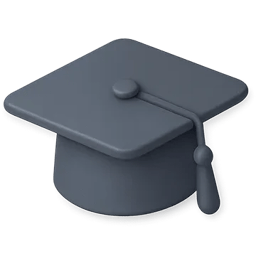My name is Adelina and right now I am a sophomore majoring in International Studies at Yonsei University - an all-English-based liberal arts college in Korea.
When I was researching Korean universities during my gap year, one of the factors that I chose to consider was the possibility of studying in English, since at that time I didn’t speak Korean. So, I came across Yonsei University. Also, what influenced my decision was Yonsei’s liberal arts curriculum.

Undergraduate colleges at Yonsei University
At Yonsei University, there are many undergraduate colleges, but most of them are in Korean. However, Underwood International College and Global Leaders College are the ones where most foreigners learn in English. I am currently studying at the Underwood International College. The difference between these two colleges is that even if most of the classes at Global Leaders College are conducted in English, to be a student there, you do need some Korean proficiency because some of the required classes are in Korean. In addition to this, Global Leaders College has only three or four majors, including a commerce major, unlike Underwood International College, which has more than 15 diverse majors from areas like engineering, humanities, design, commerce, and economics.
My application process
There are two ways you can apply to Yonsei Underwood International College - from their website or through Common App. Personally, I applied through Common App because it was easier, since I already applied to some universities in the US, and all my information was already there. After I submitted my application on Common App, I needed to submit documents such as transcripts, recommendation letters, essays, and everything else included on Common App in postal form. After I did that, the second part of the application process was the interview, and then in late June, I got my admission confirmation.
Besides Yonsei, I also applied to Busan National University, where I got in with a scholarship. Also, I applied to the US two times during my senior year at high school, and during my gap year. However, the first time, I only got positive results from Canadian universities, specifically the University of British Columbia, but unfortunately, I didn't receive any scholarship. During my gap year, I got into Drexel University (partial scholarship), and Siena College (partial scholarship). Apart from the US, I was accepted to Jacobs University in Germany and the University of Bologna in Italy. Out of all of these options, Yonsei University was my top choice.
Academic and extracurricular profile
My test scores were 7.5 on the IELTS exam and 1460 on the SAT. Regarding my extracurriculars, most of them were from high school, not from my gap year. One of the major extracurriculars I did was school presidency, being a high school president of the student council for a year and a member for almost two years. In addition to this, I volunteered a lot for my high school. I was a president of the school community theater, where we help kids with disabilities to perform, and a co-founder of a school radio. Another notable extracurricular would be music school, which I finished with a specialization in dombra (a Kazakh national instrument) and piano. Also, I included in my application a lot of MUN clubs and some online conferences in which I participated with my high school during COVID-19 and before that. Even though I had multiple extracurricular activities, I didn’t have a lot of honors, including only a Social Science Olympiad and some MUN awards. In high school, I studied in the IB program, and most of my grades in terms of IB scores out of seven were fives and sixes.

From all my application components, I believe that my school presidency and MUN experience stood out. Also when I was invited to an interview with Yonsei, I mentioned these activities and they were related to my major (International Studies), showing a good fit for my major and for the university.
Proof for extracurricular activities
For almost any Korean university, you do need to show proof of extracurricular experiences, at least some of the certificates for volunteering or internships. However, for the US and European universities I got in, I didn't show anything. Since I applied to Yonsei University through Common App, the portal didn't require me to show any certificates, but when I sent them my documents by post, I printed out the certificates I had from my high school, my SAT and IELTS score report.
CommonApp essay and supplementals
My strategy in writing my Common App essay was to show a lot of my character and make it very personal. However, during my interview, I thought that it would be very advantageous to show my academic skills and my fit to the university. If you apply through the Yonsei University official website, they will require supplemental essays. But if you apply through Common App, like I did, you will only submit the Common App essay, without any supplementals. At the time when I was applying, I also checked their supplemental essay prompts from their website, and back then they only had two questions. The first one was: “Why did you apply to Yonsei Underwood International College in particular?” and the second one was: “Why did you choose your division?”, because at Yonsei we have three divisions in Underwood International College, and in order to apply, you need to choose your division right away. However, you don’t have to choose your major. During your undergraduate studies, you're not allowed to change your division, but it's common to change your major.

Important tip for students applying to Korean universities
The advice I would give to prospective applicants is to not get overwhelmed during the process of document submission. When I was doing that, I was really stressed because of all the notarization, translation, and arrival of documents. In particular, for Yonsei University, I would advise you to apply in advance, at least two weeks or three weeks before the deadline, so you can prepare your documents to be sent to the university. You should take document submission on a serious note since it's the most important process of the application to Korean universities. If you don’t manage to send the documents on time, unfortunately, you will be disqualified. Also, allocate some time to prepare for the interview, since it is also a very important step of your application.
Full-tuition scholarship
When applying to Yonsei University, you do not have to submit any financial aid or scholarship application apart from the main application. Every candidate is considered for a scholarship as soon as they apply. Personally, I was lucky to be awarded a full tuition scholarship for four years. The scholarship doesn't cover dormitory fees and personal expenses, like food, plane tickets, etc. However, Korea is not the most expensive country to live in, so the prices are quite inexpensive compared to the US or Canada. For example, my dorm fee is $1500 for a year.
Academics, grading system, extracurriculars and work-life balance at Yonsei
Although I was a bit hesitant at first to choose a major in International Studies, as I was also considering economics as a potential major, I really like my major right now. Since high school, I have been interested in politics, diplomacy, and history, and this field of study combines all three and many more. Actually, at Yonsei, we have two similar majors. The first one is called Political Science and International Relations and the second one is International Studies, which I ended up choosing. Political science and International Relations focuses more on theory and philosophy. My major is more modern because we do not have to study any political relations theories. We are mostly focusing on the historical and international relations events in the current century, for example, the Middle East conflict. In an academic year, our schedule is divided into two semesters. The first semester starts in September and ends in late December. Then a two-month-long winter break follows and the second semester starts in the first week of March and continues until late June. In a sense, I think it's convenient to have two months off during winter and summer since it is a good opportunity to get a part-time or a full-time job or even travel all around Asia.
In Korea, there is a relative grading system, which states that a student's grade depends on their academic ranking. However, Yonsei University abolished that system. We have a traditional grading system, which is more convenient to me. Before coming to Korea, I was really afraid that I would need to study all the time to keep up with the work. Yonsei's system was a very good solution for balancing my personal and academic life. I work part-time and I also engage in extracurricular activities at my university, being involved in the student council. Although most of the students there were Korean, I enjoyed working with them. I believe that there is a stereotype around Korean students, that they are very closed and don't welcome foreigners. But my experience was actually the opposite, ending up being a positive one. Also, I enjoyed being a part of the climate change club, doing a lot of fun activities around campus, collecting disposable goods, or just finding new friends. Study abroad programs are another common activity for students.


Adapting to a new cultural environment as an international student in Korea
In my opinion, adjusting to Korean culture is hard for people, since some stereotypes are going around. But in reality, it's not like that. Korean students are very friendly and welcoming. I only had a positive experience at my university. So, as a final advice for students interested in Yonsei University, I would say to overlook these stereotypes and also try to learn at least some Korean. I applied to Yonsei without any Korean knowledge. That’s why at first it was difficult to adjust to the new living environment. Some people in Korea do speak English, but it's only a very limited number of the population. In order to live a full experience in Korea, you need some Korean proficiency. So, I would advise you to come to the university at least as a beginner learning Korean.
